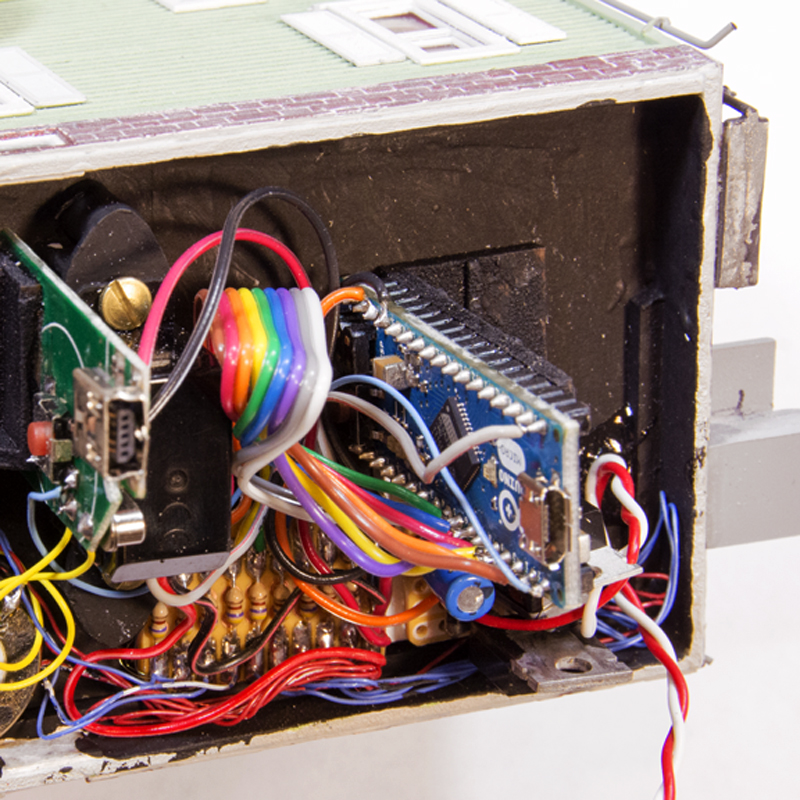
Q: Is there a compilation of Arduino articles written for model railroads that is easily accessed? — Jim Bottomley A: We have two different options that might be of interest to you, Jim. In the Digital Downloads collection on shop.trains.com, we offer “Three Projects Using Arduino Microcontrollers.” The 38-page collection features three articles that previously […]
Read More…
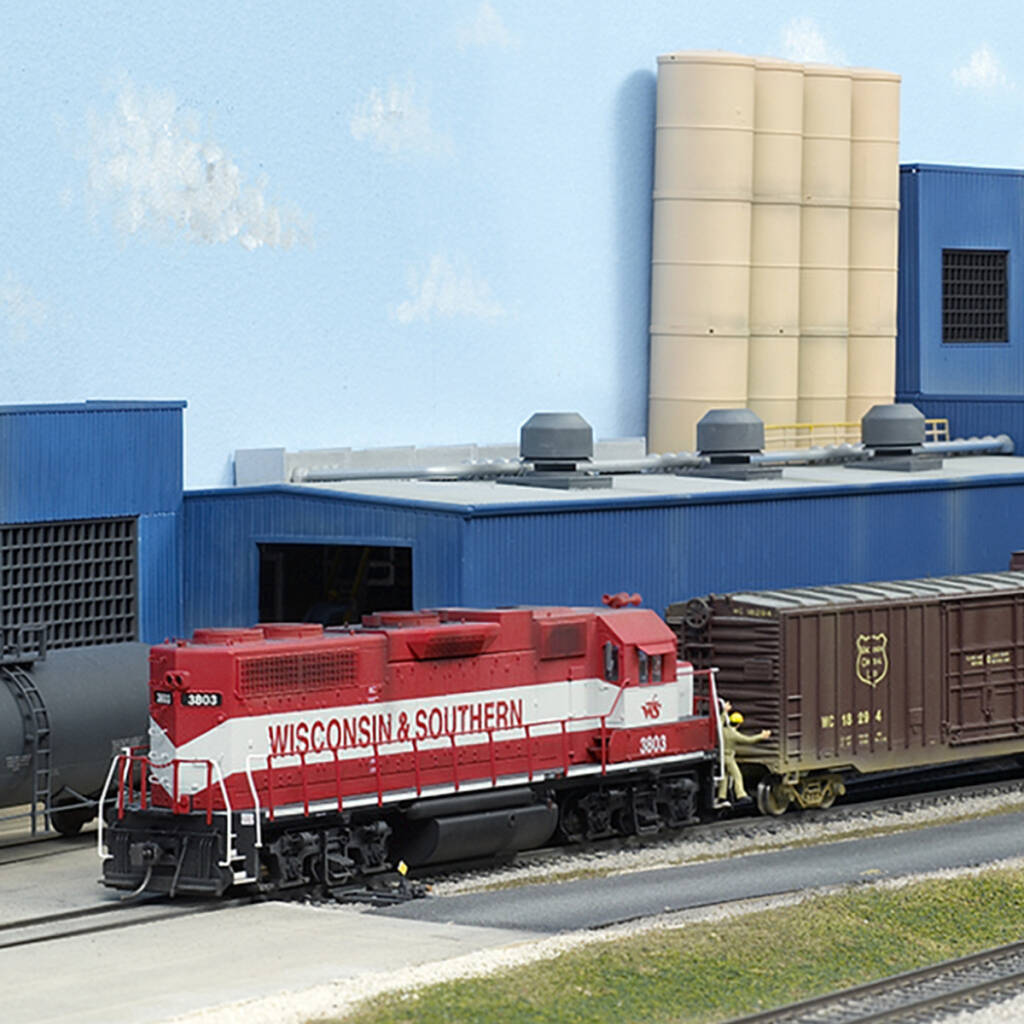
Q: I’m getting back into model railroading after a 50 year hiatus. I’m having trouble with knuckle couplers that won’t connect. I have new rolling stock from Athearn, Walthers, ScaleTrains, and Accurail. I also have several cars that I converted to Kadee. Couplers from different manufacturers don’t seem to work together. Are there any combinations […]
Read More…
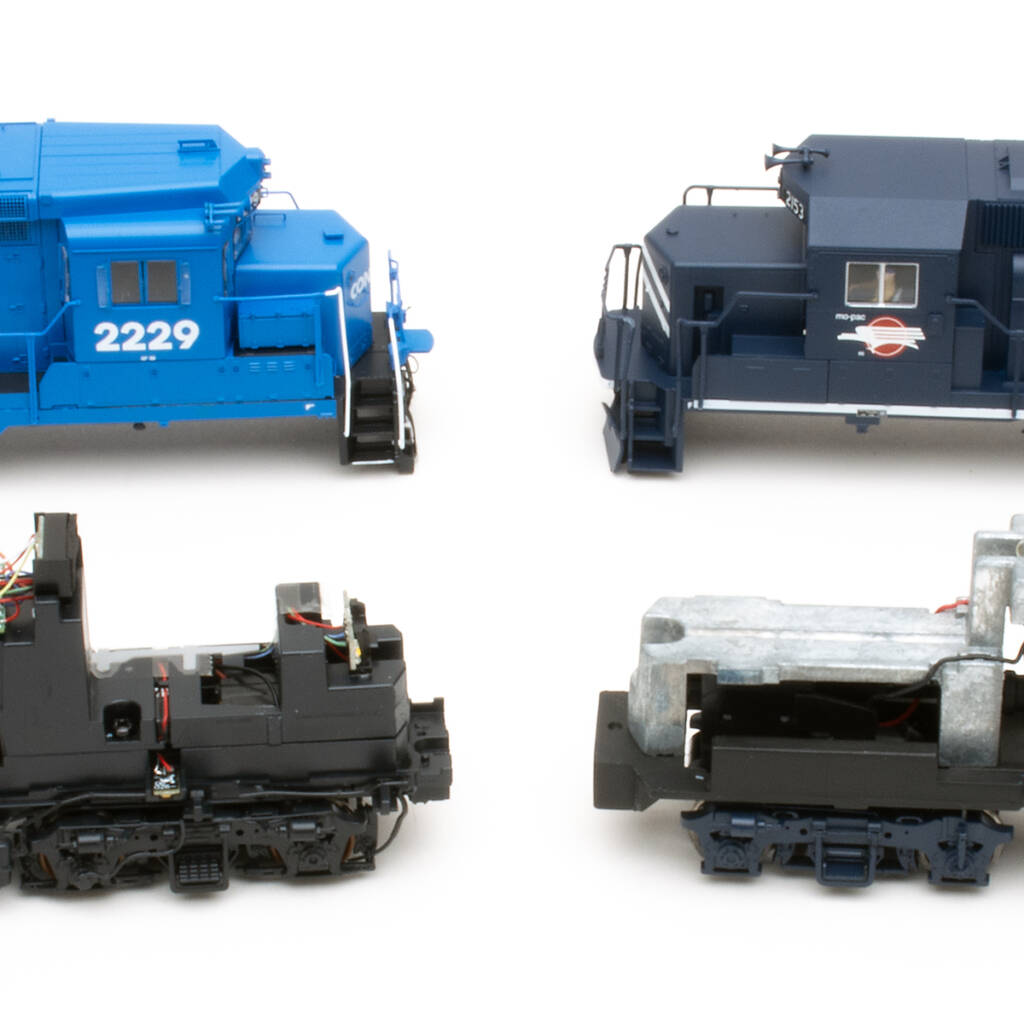
Q: I have several On30 locomotives with Digital Command Control (DCC), but was recently gifted a passenger set that has a direct-current (DC) locomotive. If some DCC locomotives are sitting on the track, can I use a DC transformer to operate the DC engine on the same track without damaging the DCC locomotives? What would […]
Read More…
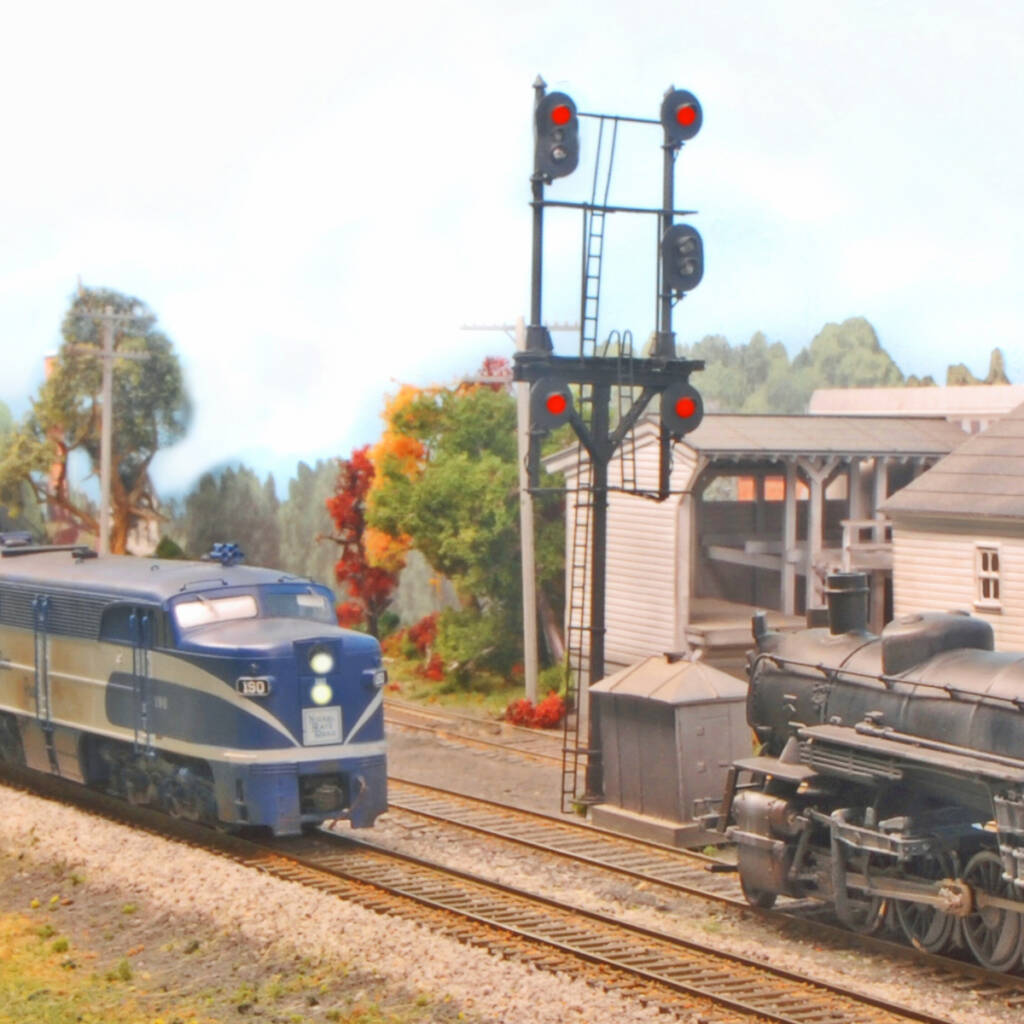
Q: The cover of the November 2025 issue of Model Railroader shows the signals for the west end of the Veedersburg, Ind., siding. The signal for entering the siding has no middle head so the best it could display is slow clear, but the signal for leaving the siding has a middle head and only […]
Read More…

Q: I’ve been trying to find the video Cody Grivno hosted a few years ago where he showed how to make a low-profile forest background using, I think, a furnace filter. I’m not talking about making furnace filter pine trees. This was more like cutting a continuous row of tree tops out of filter material […]
Read More…
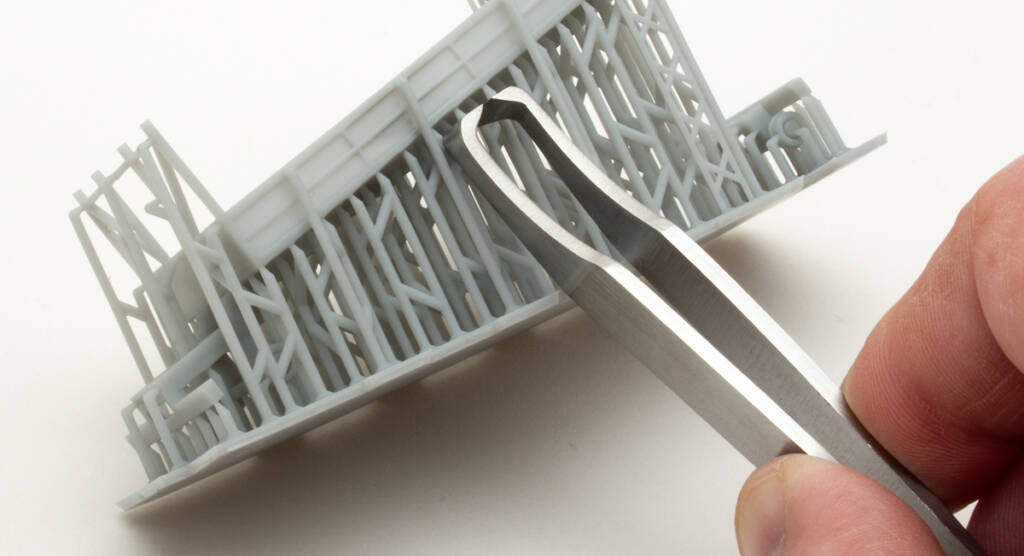
Q: I’m excited by all the new 3D-printed figures and details that have become available. Lately, however, I’ve received some figures that are still attached to the support structure. I work in HO scale, and I’m not sure how to safely remove all this material without damaging the details or figures. Do you have any […]
Read More…
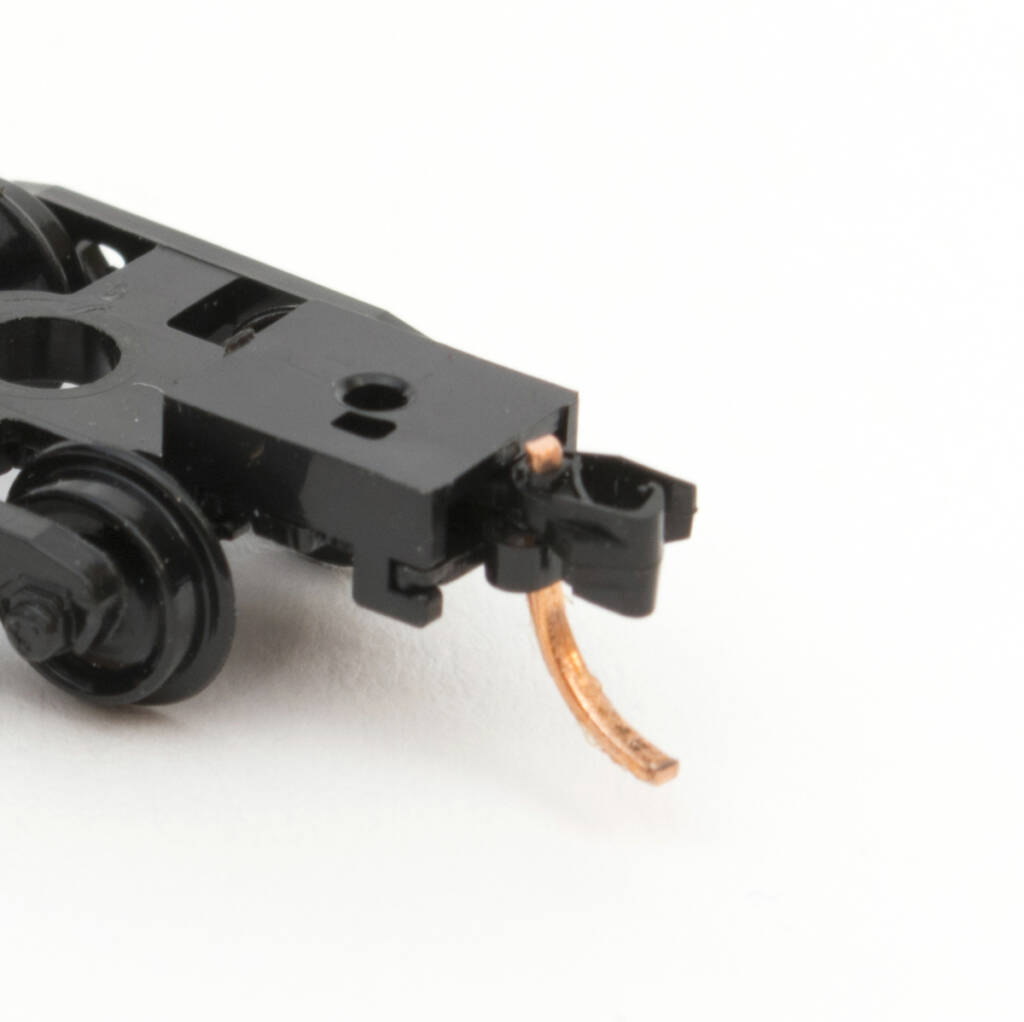
Q: I have gone to train shows and garage sales and bought many N scale cars with all sorts of different couplers. I am trying to create my own standard and stick with the majority of people with N scale rolling stock. I know there are many vendors out there. Can you help me sort […]
Read More…
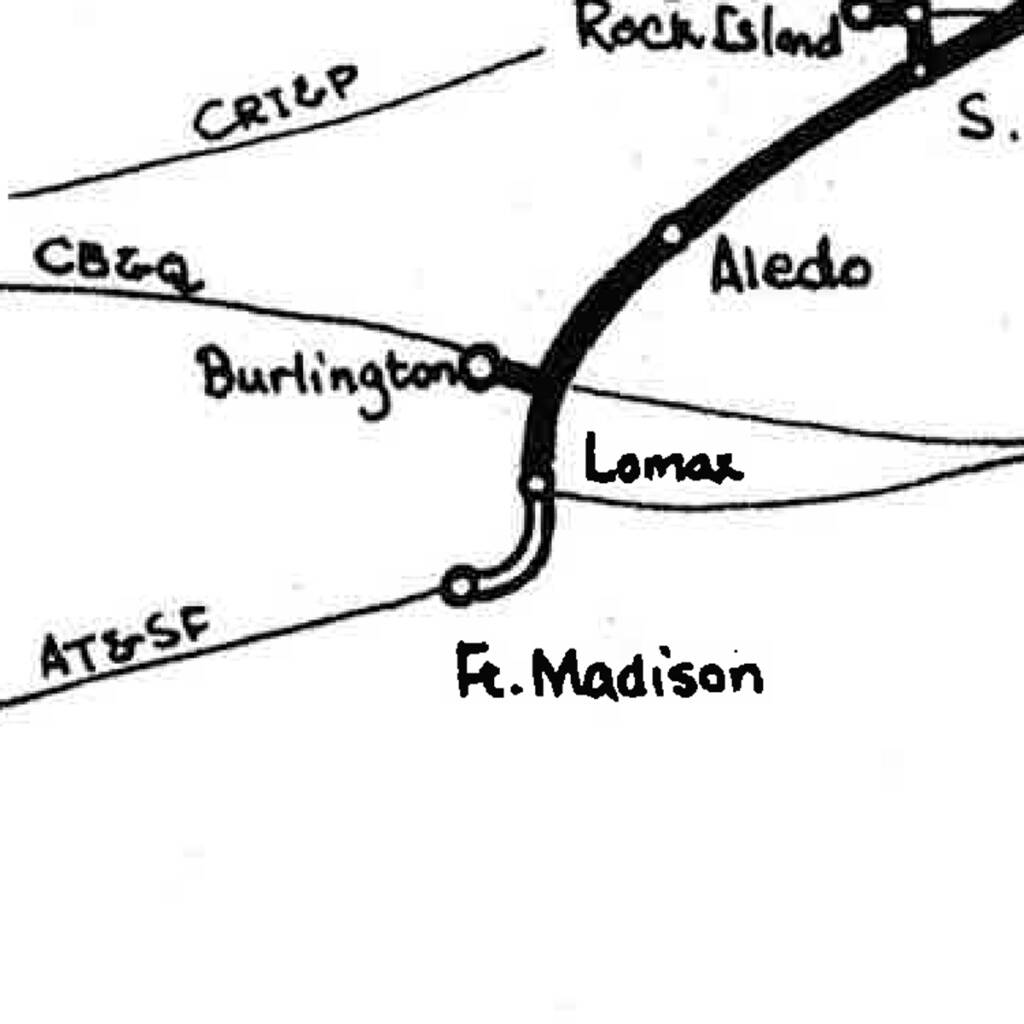
Q: What was the western terminus of the MR&T, your HO scale staff layout? — Phil Stead A: Jim Kelly explained the concept behind the Milwaukee, Racine & Troy in “Meet the MR&T” in the December 1989 Model Railroader. “You may have already guessed that the initials in MR&T stand for Model Railroader and Trains, […]
Read More…
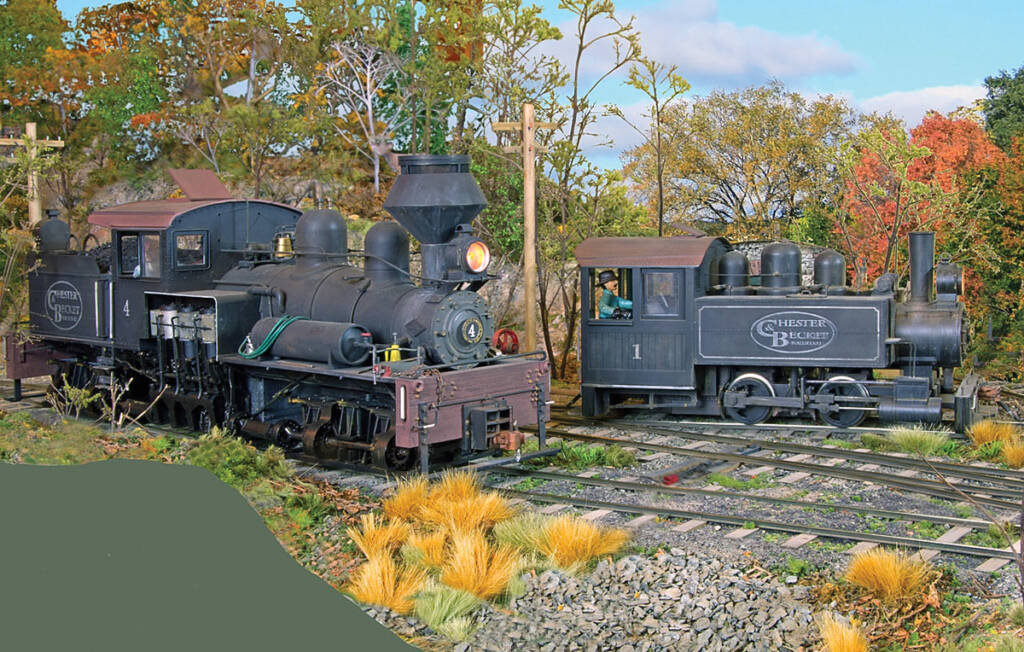
Q: In the September 2022 issue of Model Railroader, Mike Tylick wrote “Add a gated crossing to your layout.” On page 36, there is an image of a gate that he built for the F scale Chester & Beckett RR. What is F scale? — via email A: The Chester & Beckett RR, featured in […]
Read More…
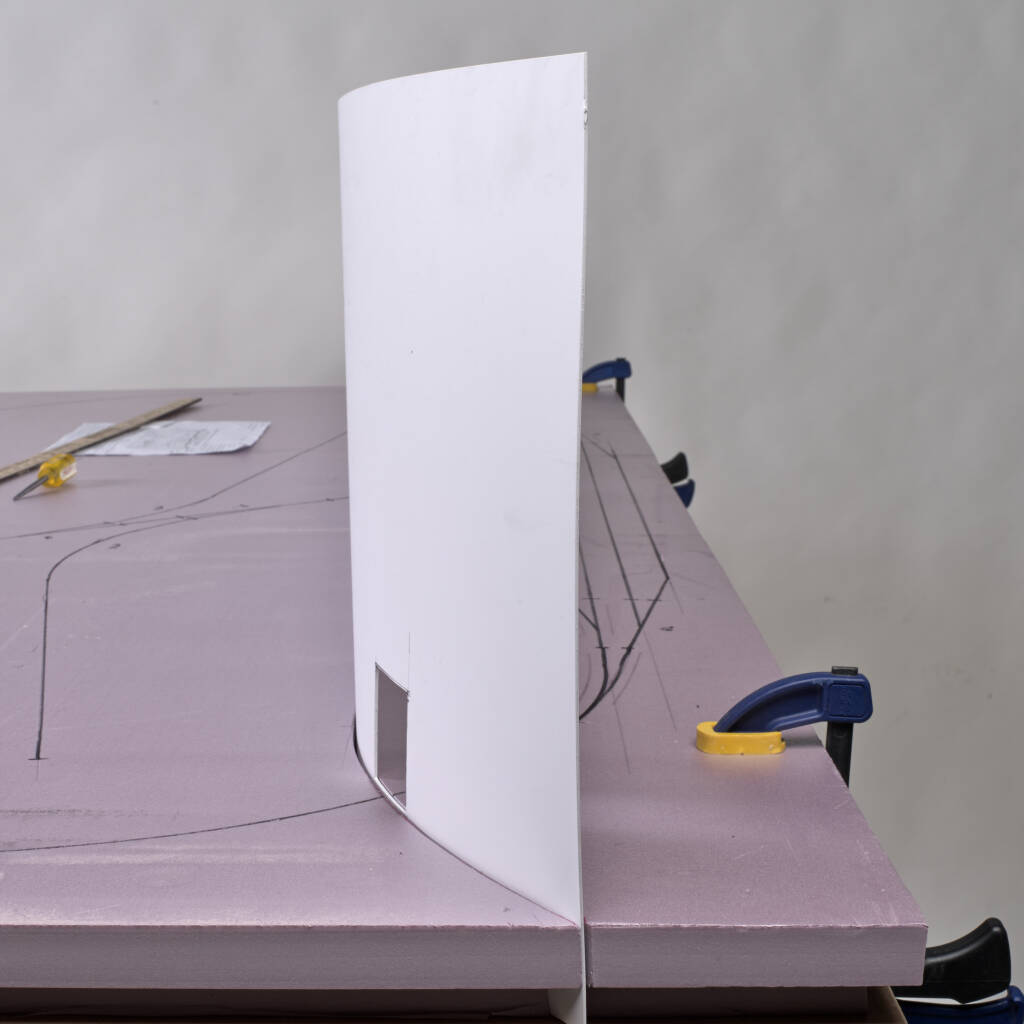
Q: I’m trying to locate a source for large sheets of styrene. I can find the smaller sheets marketed by Evergreen, but I have been unsuccessful in my search for 4 x 8-foot sheets. Do you know of an online source? I live in the Toledo, Ohio, metro and there aren’t any plastics dealers in […]
Read More…
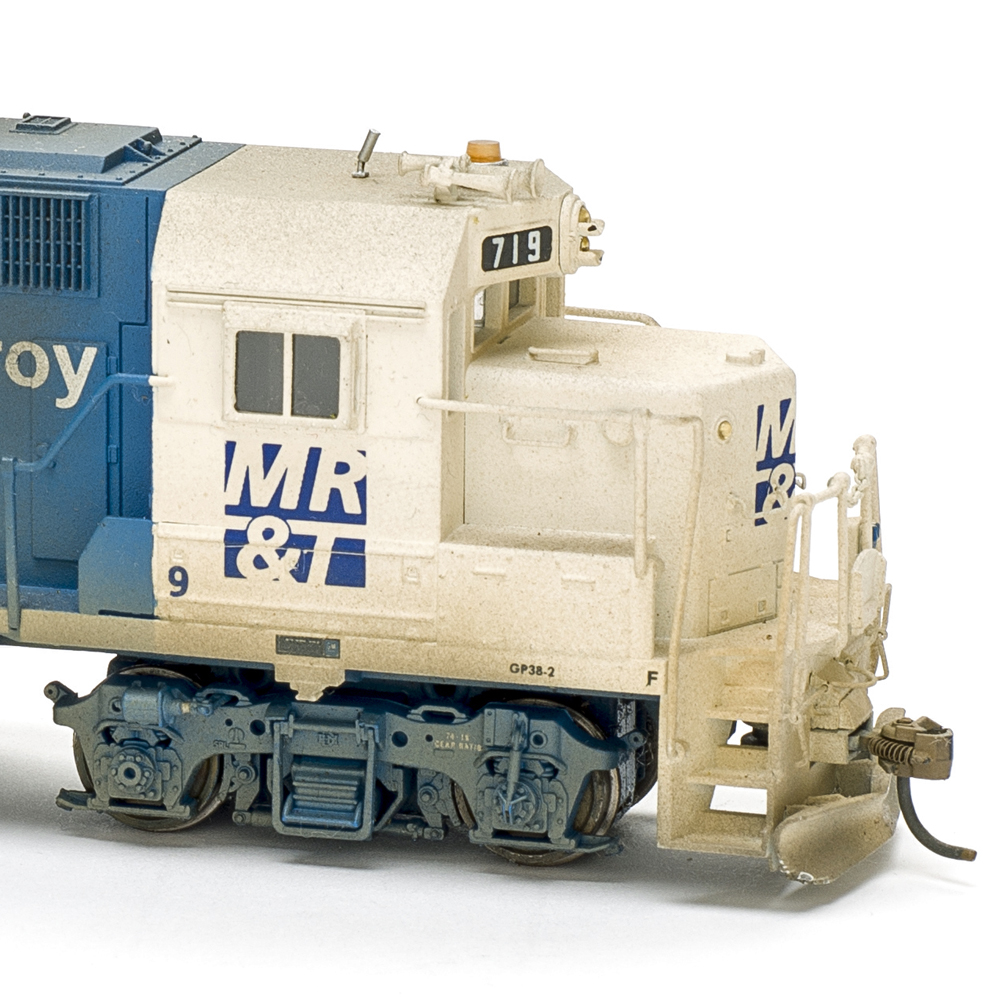
Q: When I was looking at pictures of the Milwaukee, Racine & Troy locomotive fleet, I noticed small numbers near the herald on some diesels. Were those numbers tied to the control system used on the layout, or did they have another meaning? — Jason Trew A: Those single- and double-digit numbers near the herald on […]
Read More…
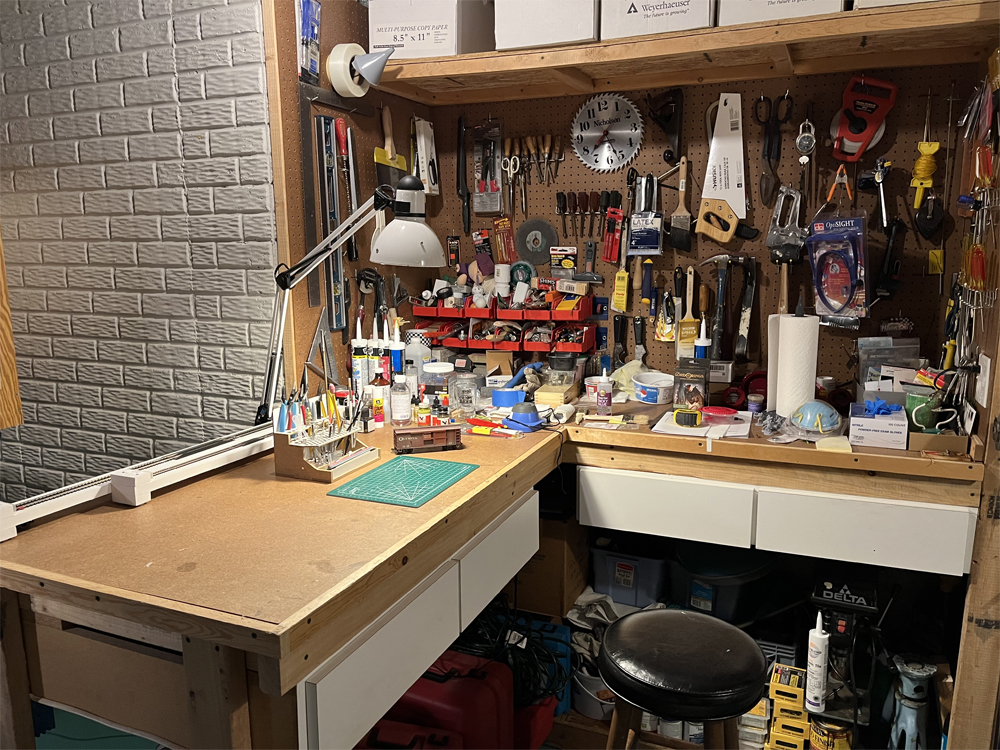
Q: Since Model Railroader has moved to a new location, have you given any thought to a video or magazine series on building a workbench? I’ve got to build a new one to fit my new train room and am looking for ideas. — Jim Burns A: Thanks for writing in, Jim. Our workshop space […]
Read More…












